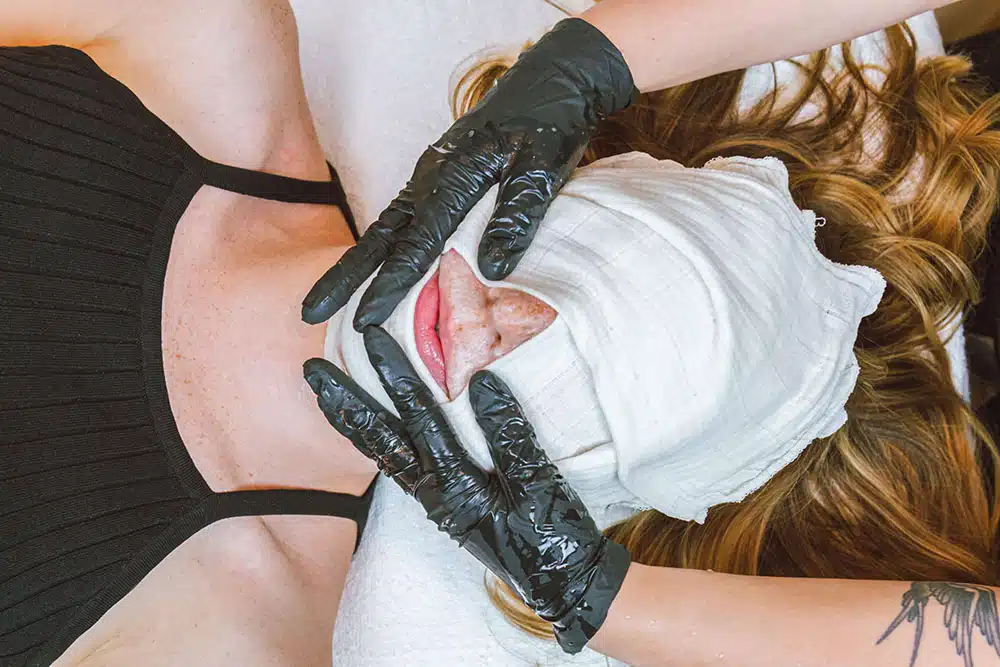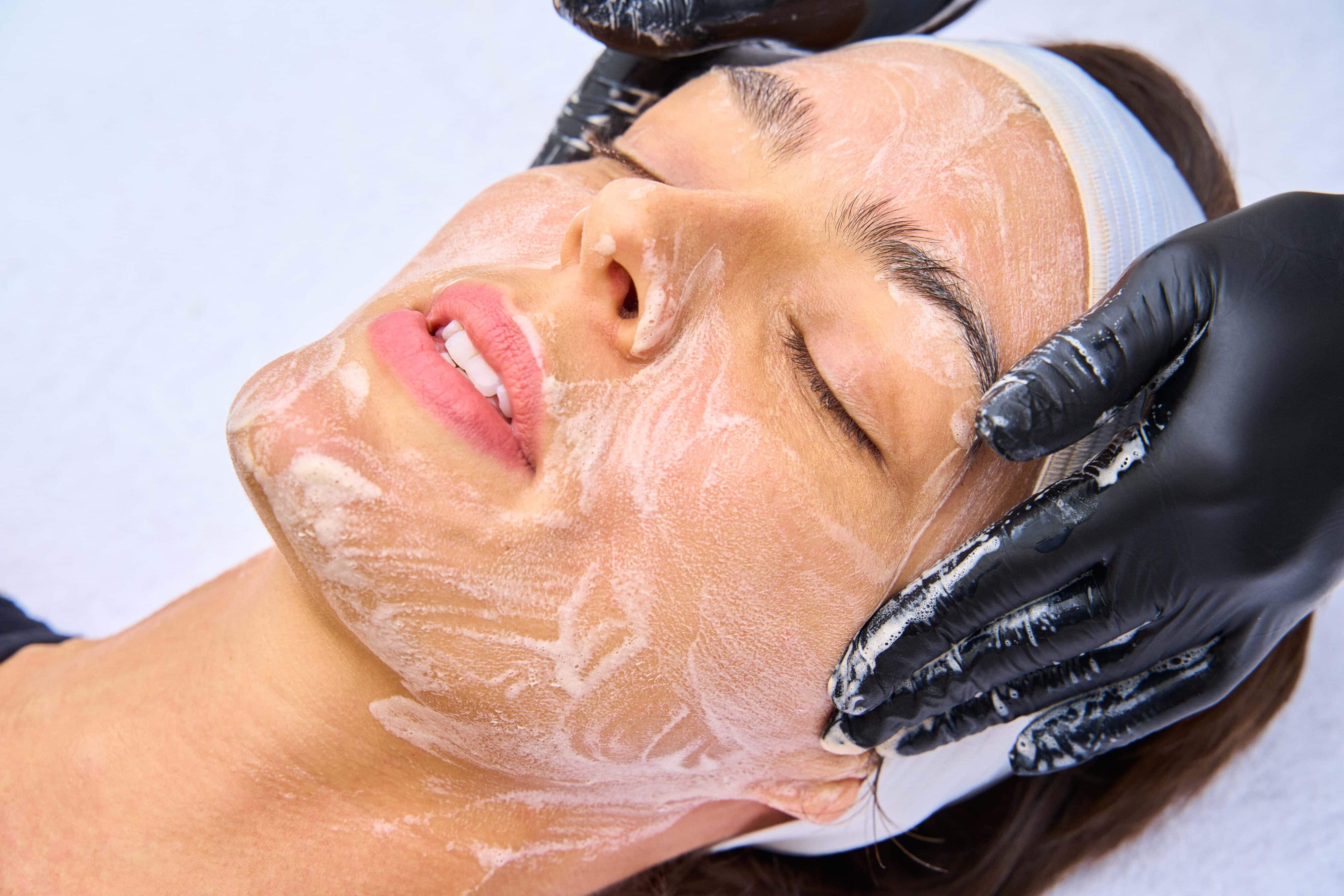Acne is a common skin concern that affects millions of people worldwide. While many factors can contribute to its development, stress and hormonal imbalances are two major culprits. In this blog, we’ll delve into the connection between stress and hormonal acne, explore the causes, and discuss prevention and treatment strategies to maintain clear skin.
The Connection Between Stress and Acne
Stress is an inevitable part of life, and its effects on our bodies can manifest in various ways, including acne breakouts. When we’re stressed, our bodies produce higher levels of cortisol, a hormone that can stimulate oil production in the skin. This excess oil can clog pores, leading to stress pimples and breakouts. Furthermore, stress can also weaken our immune systems, making it harder for our bodies to fight off acne-causing bacteria.
Hormonal Acne Causes and Triggers
Hormonal acne is another common type of acne that primarily affects women. It’s often characterized by deep, cystic chin acne and pimples along the jawline. Hormonal acne causes can be attributed to fluctuations in hormones, particularly during menstruation, pregnancy, and menopause. Some common hormonal acne triggers include:
- Polycystic Ovary Syndrome (PCOS): PCOS is a hormonal disorder that can cause irregular periods, excessive hair growth, and cystic chin acne. Women with PCOS often experience elevated levels of androgens, which can contribute to hormonal acne breakouts.
- Birth control: Some types of birth control can cause hormonal imbalances, leading to acne breakouts. If you suspect your birth control is contributing to your acne, consult with your healthcare provider to explore alternative options.
- Diet: Certain foods, like dairy products and refined sugars, can cause spikes in insulin levels, which may exacerbate hormonal acne.
Preventing Stress and Hormonal Acne
To prevent stress and hormonal acne, it’s crucial to adopt a holistic approach that addresses both physical and emotional well-being. Here are some tips to help you prevent stress pimples and hormonal breakouts:
- Manage stress: Engage in stress-reduction techniques like meditation, yoga, or deep breathing exercises. Prioritize self-care and ensure you’re getting enough sleep each night.
- Maintain a healthy diet: Opt for a balanced diet rich in whole foods, fruits, vegetables, and lean proteins. Limit your intake of dairy products and refined sugars, which can contribute to hormonal acne.
- Choose the right skincare products: Select gentle, non-comedogenic skincare products that won’t clog your pores. Look for ingredients like hyaluronic acid and niacinamide, which can help balance oil production and soothe inflammation.
- Protect your skin from the sun: Sun exposure can worsen acne and cause dark spots to form on the skin. Use a broad-spectrum sunscreen with SPF 30 or higher every day, even if it’s cloudy outside.
Treatment Options for Stress and Hormonal Acne
Here are some treatments that may be recommended for stress and hormonal acne:
- Customized facials: Tailored facial treatments designed to target your unique skin concerns can help reduce inflammation, unclog pores, and balance oil production to promote clear, healthy skin.
- Chemical peels: A chemical peel is a powerful treatment that uses a controlled application of an acidic solution to remove the outermost layers of the skin, revealing a smoother and more even complexion. This treatment can help exfoliate the skin, unclog pores, and reduce the appearance of acne scars.
- LED light therapy: LED light therapy is a non-invasive treatment that utilizes different wavelengths of light to target acne-causing bacteria, reduce inflammation, and promote skin healing. This therapy can be especially beneficial for those dealing with stress and hormonal acne.
- Microneedling: Microneedling is a minimally invasive treatment that uses tiny needles to create controlled micro-injuries in the skin, stimulating collagen and elastin production. This treatment can help reduce the appearance of acne scars and promote overall skin health.
- Topical treatments: A range of professional-grade skincare products, including moisture serums and acne treatments, can help you maintain the results of your in-office treatments at home. It’s essential to choose the right products for your skin type and concerns.
Uncovering the Root Causes of Acne
Stress and hormonal acne can be frustrating to deal with, but with the right combination of prevention strategies and expert treatments, you can achieve and maintain clear, healthy skin. It’s important to uncover the root causes of your acne and create a personalized treatment plan to address your concerns.
Incorporate stress-reduction techniques, a healthy diet, and proper skincare practices into your daily routine to help combat stress and hormonal acne. By understanding the causes and triggers of these breakouts and taking a proactive approach to prevention and treatment, you can achieve the clear, radiant skin you deserve.
By



